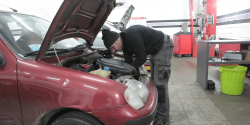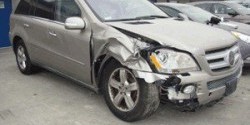What Can Fail a Car Inspection? The Trap Owners Must Learn to Avoid
WHAT CAN FAIL A CAR INSPECTION? THE TRAP OWNERS MUST LEARN TO AVOID
Preparing for a car inspection involves more than running the vehicle through a car wash. The goal of an inspection is to ensure that the vehicle meets current safety and emissions standards. That means almost every aspect of the vehicle will be checked. If one or more issues are detected, the car will not pass the inspection.
Your best bet is to find out what will fail a car inspection and address those issues in advance. That’s not as difficult as you may think. Making use of an car appraisal service is one way to find the answers that you need. Here are ten examples of what can lead to failing that upcoming car inspection.
1. SIGNS OF WATER DAMAGE
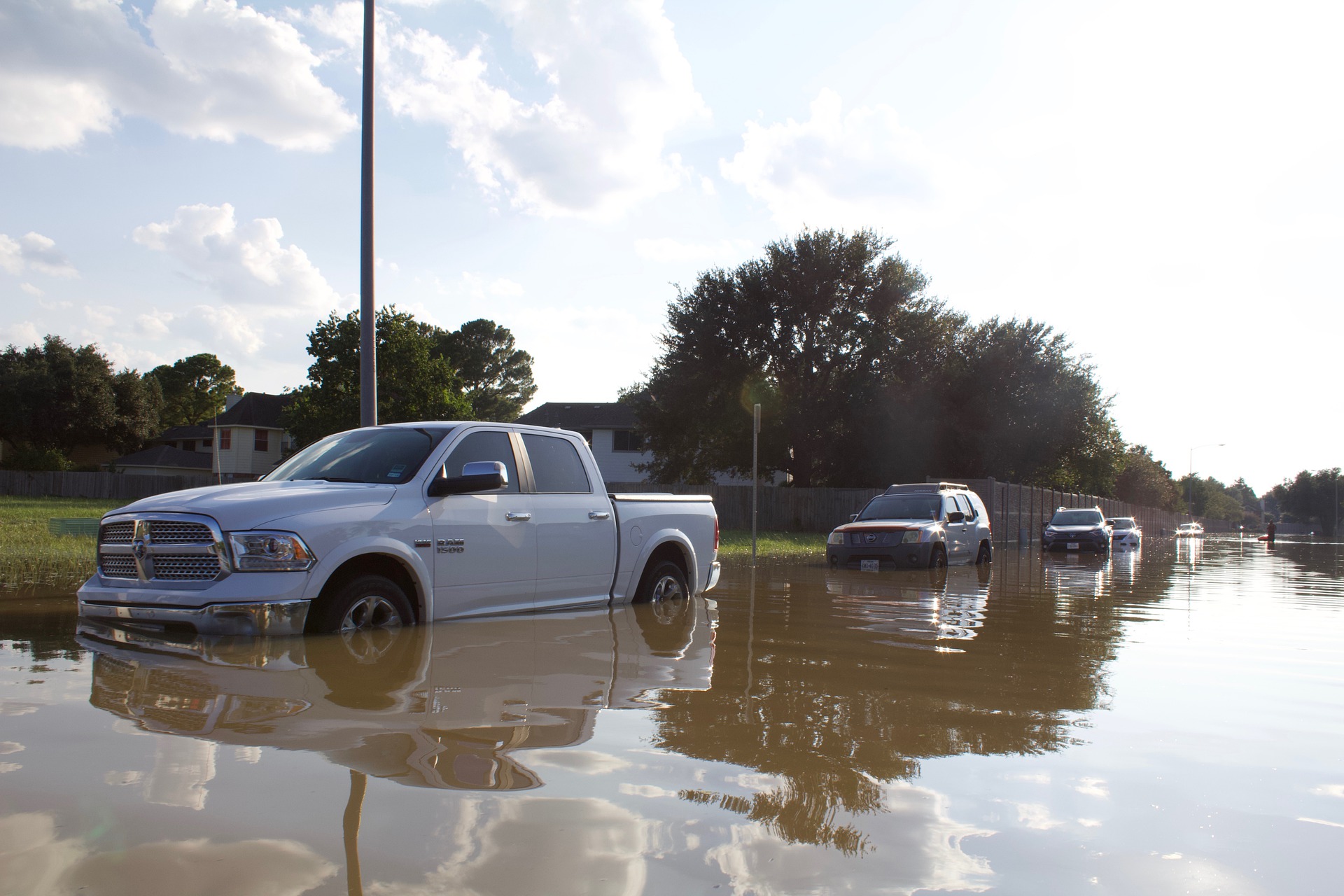
One of the first things that an inspector will do is look for signs of water damage. This could involve determining if there’s any rust around the doors, the inside of the hood, or around the truck locks. Other signs include carpeting that doesn’t match in some spots, or dampness in the upholstery or carpeting. Even after cleaning, the car may have a musty odor.
Water damage indicates that there may be mold or mildew found under carpeting and other parts of the vehicle. It can also mean that the electrical system will not function properly or that the brake system may be compromised. Most issues related to flooding can be resolved, but it will take time and money.
2. FRAME DAMAGE AS THE RESULT OF AN ACCIDENT
It’s possible to determine if the vehicle’s frame was damaged in some type of collision. In many cases, the damage to the frame will make the vehicle difficult to steer. The doors and the trunk may not close as snugly as in the past. Even after an alignment, the tires develop uneven wear.
A car with a damaged frame places additional stress on the suspension system. The ride is not likely to be as smooth and the shock absorbers will wear out faster. The vehicle may make some unusual sounds while in operation that don’t have anything to do with the engine.
Depending on the degree of damage to the frame, the vehicle may not be considered road-worthy. While repairs are not completely off the table, a severely damaged frame usually means the vehicle is only good for harvesting parts. If your vehicle suffered significant damage in an accident that was not your fault, you are entitled to file a claim for the diminished value.
3. CLOGGED AIR FILTERS
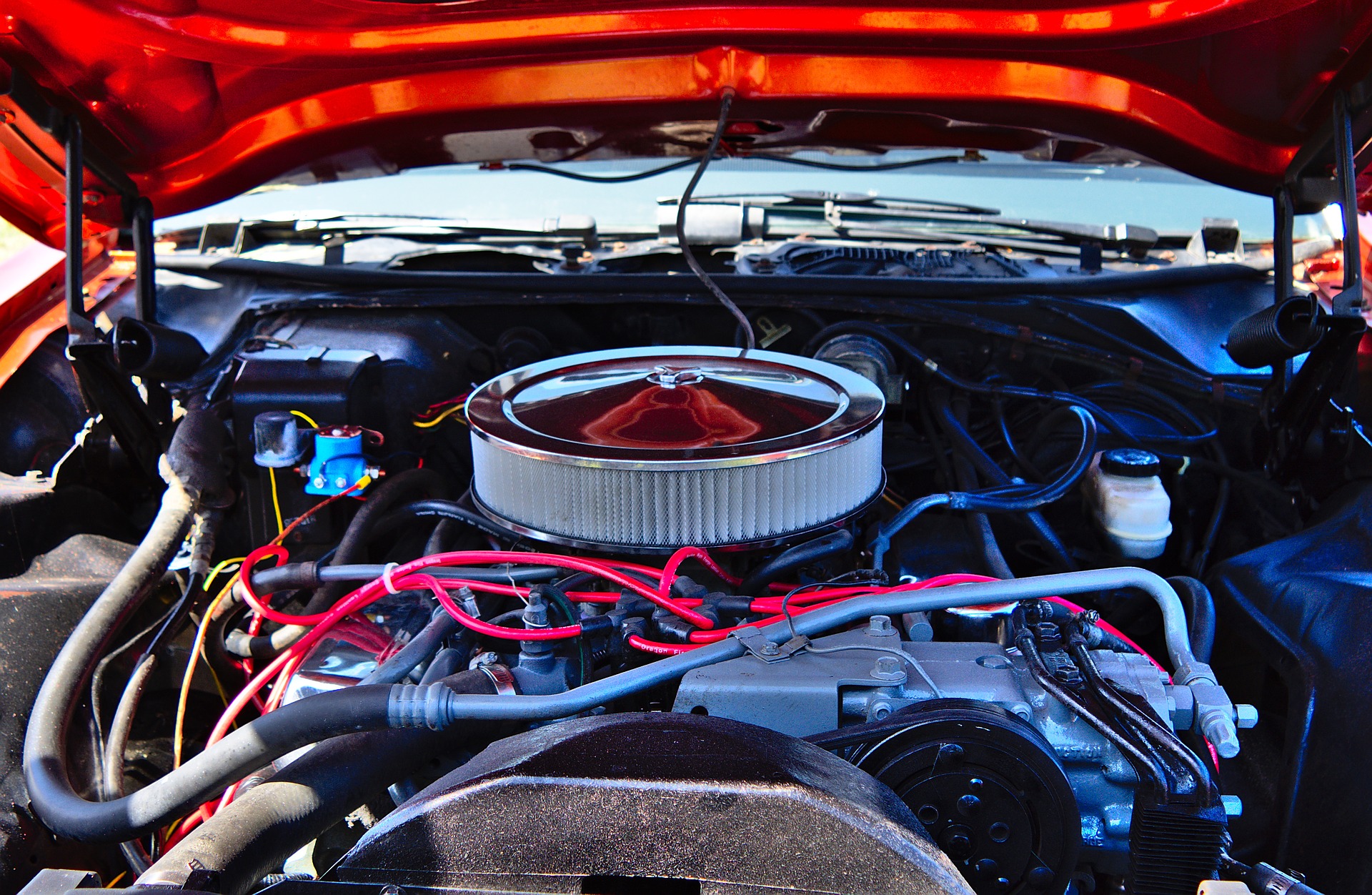
Clogged air filters are more of a problem than most people realize. By understanding what they do and how a clogged filter can affect engine performance, it’s easier to see why this issue could lead to failing an inspection.
The purpose of the filter is to trap the dirt and grime that would otherwise get under the hood and eventually into the engine. A clogged filter is not capable of supplying enough air flow to the engine. The result is a decrease in efficiency and the possibility of failing any test for hydrocarbon levels that the inspector may use.
Fortunately, air filters are reasonably inexpensive and easy to replace. On some makes and models, the replacement can be done in a matter of minutes. Given the ease of the replacement, don’t try to skimp by using a vacuum on a dirty filter or attempting to wipe it down with a cloth. Your odds of passing the inspection are higher if the filter is new and clean.
4. POOR FUEL TO AIR RATIO
The fuel to air ratio must be within a certain range in order to pass an inspection. Ideally, that ratio ensures efficient combustion within the engine. If the ratio is off, the fuel will burn faster and the engine will release more pollutants.
Fortunately, diagnostics at an auto repair shop will determine if the ratio is efficient. If necessary, having a professional adjust the carburetor on older models or replace the fuel injectors on newer ones should restore an acceptable ratio.
5. LEAKING AND DAMAGED GAS CAPS
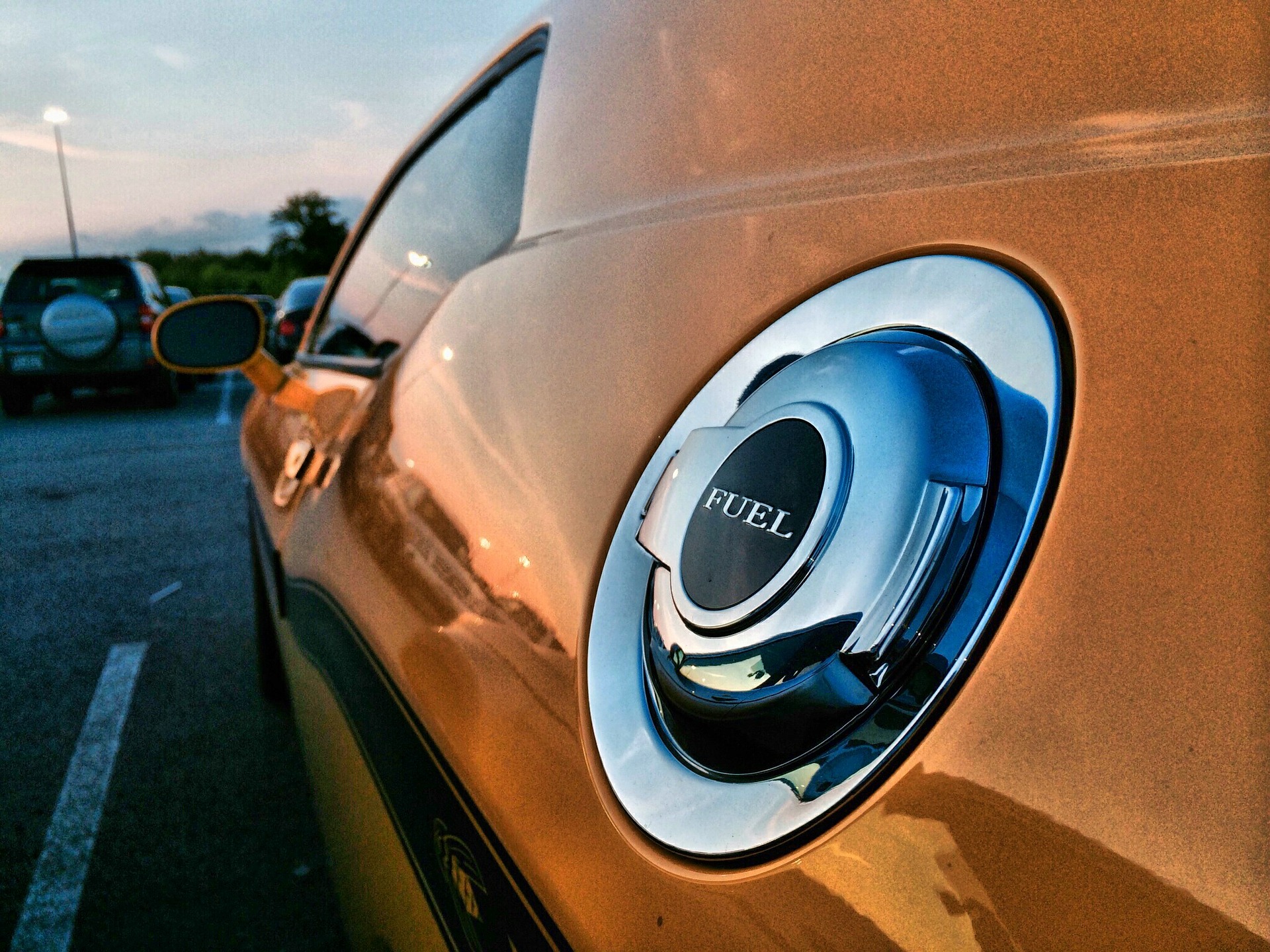
You may not think that a problem with a gas cap would lead to an immediate failure of an inspection, but that’s exactly what will happen if the cap is damaged or leaking. The cap helps to prevent fumes from leaking into the open air. Factor in the danger associated with driving a car with a damaged cap and it’s easy to see why no inspector would want the vehicle on the road.
The good news is that gas caps are not expensive. You can pick one up at a dealership or an auto parts shop. Within minutes, this obstacle to passing the inspection is eliminated.
6. CATALYTIC CONVERTERS THAT ARE FAILING
Unless you have a vintage vehicle or one that runs exclusively on electricity, your vehicle has a catalytic converter. This device routes fumes from the engine into a chamber where they are broken down and rendered harmless to the environment. The resulting gases can then be expelled via the tailpipe.
A converter that’s not working properly usually produces smoke that’s darker and has a scent that’s somewhat like rotten eggs. You’re also likely to notice that the vehicle doesn’t accelerate as efficiently or that the engine performance is compromised. In order to pass an inspection, you’ll need to have the converter repaired or replace it altogether.
7. WORN SPARK PLUGS
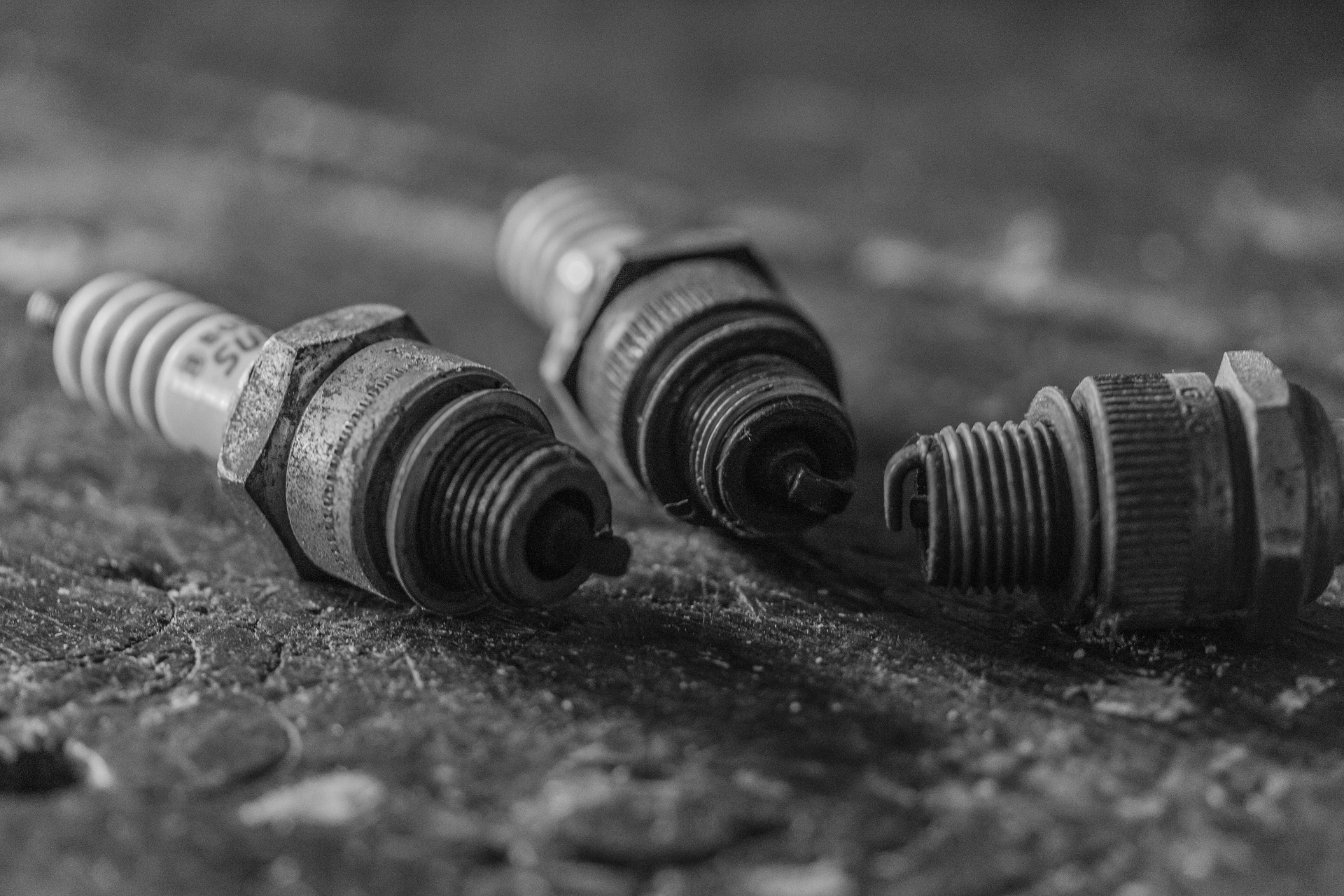
While you may not know it, your engine has at least one and sometimes two spark plugs for every cylinder. As the name implies, they create the spark that helps to ignite the fuel. If the plugs are worn, dirty, or otherwise compromised, they will either cause the engine to run roughly or not at all.
Before heading to an inspection, it’s a good idea to check the spark plugs. In some cases, all they will need is a proper cleaning. At other times, the amount of wear present will mean you should replace them. Fortunately, this is a relatively affordable process and will definitely improve the engine’s performance.
8. THE DIAGNOSTIC SYSTEM IS PROVIDING FALSE READINGS
For an inspection you want the On-Board Diagnostics or OBD system to be fully functional. As long as your vehicle was manufactured after January 1, 1996, it has this type of system. It’s purpose is to monitor the activity of the engine, the emissions system, and the transmission as well as other systems in the vehicle.
You will know that the system is working properly if the Check Engine light flashes when you crank the engine and then goes dark after a few seconds. Should you crank the vehicle and not see that light flash and then go out, that’s a sign the OBD may have a problem. Take the vehicle to a mechanic and have the system checked. In many instances, a minor repair will ensure it’s working again and capable of passing an inspection.
9. CONTAMINATED ENGINE OIL AND A DIRTY FILTER
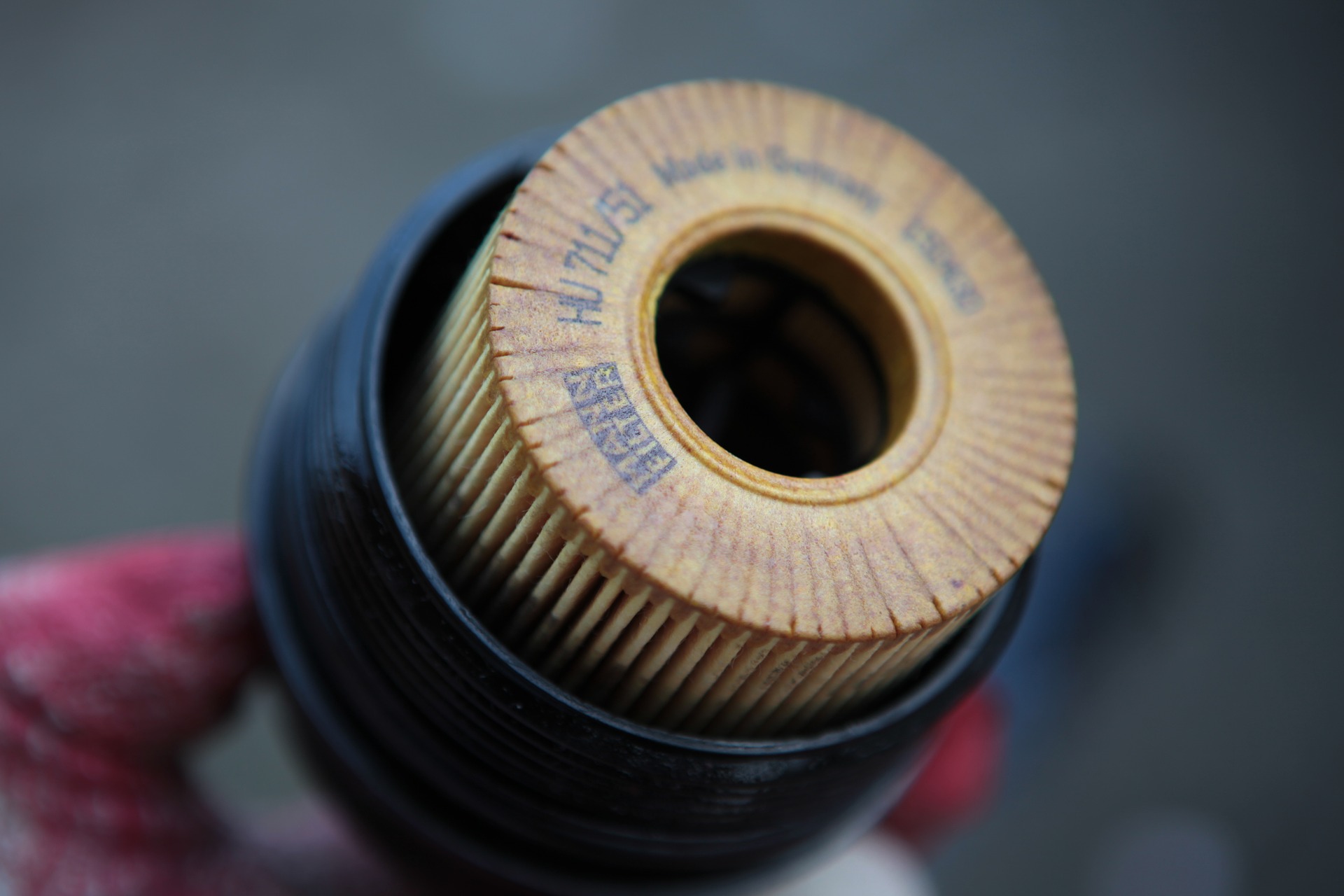
Engine oil doesn’t last forever. Designed to help reduce friction between moving parts, oil picks up quite a bit of contaminants over time. That’s why the oil and filter have to be changed on a consistent basis.
Failing to change the oil and filter increases the amount of pollution that emerges from the tailpipe. It can create added stress on the entire emissions system. Oil that’s old and contaminated also does a poor job of lubricating those moving engine parts.
Even if you use synthetic oil for an older vehicle, it’s still important to change the oil and filter according to a recommended schedule. Should the car need an inspection and the oil does not meet current standards rest assured that it will not pass. Arrange for a complete oil and filter chance in advance of the inspection.
10. OXYGEN SENSOR THAT’S NOT WORKING
Sometimes referred to as the O2 sensor, the oxygen sensor is included in the design of the exhaust manifold. It’s purpose is to determine how much unburned oxygen is present within the exhaust as it’s routed through the emissions system. If the fuel and oxygen mixture is off, the sensor picks up the reading and alerts the owner that it’s time to take the car in for some work.
If that mixture is off, the engine could be using more fuel per mile of travel. You could also notice that the engine seems to skip or stops running when you’re idling at a stop sign or a traffic light.
The sensors can and do wear out over time. A rough engine or a change in mileage does indicate that there’s a problem. A bad sensor may also cause the Check Engine Light to come on and stay that way. Take the care to a mechanic and have it checked. If the oxygen sensor has gone bad, it should be replaced before you try to run the car through an inspection.
What do you need for a car inspection in order to make sure the vehicle passes? You need a professional car appraisal by someone who knows how to manage the task responsibly. The team at Auto Appraisal Network Austin can help. Call 512-357-8420 today and schedule a full appraisal. Along with preparing for an emissions or safety test, a full appraisal is also a good idea if you plan on selling the vehicle or are thinking about switching to a new auto insurance provider.
Tags
All blog carappraisal carappraisals Diminished Value total loss Auto Appraisal insurance claim insurance settlement Insurance Adjuster Custom car appraisalsFacebook Feed
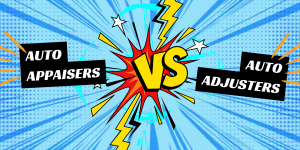 What is the difference between a Car Appraiser and a Car Adjuster?
What is the difference between a Car Appraiser and a Car Adjuster?
If you're dealing with a wrecked or totaled vehicle, knowing the difference between these two professionals is going to be beneficial for your bottom line.
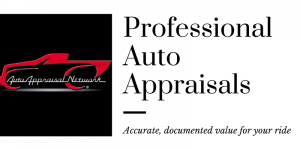 If You're Facing A Bankruptcy, Read This First!
If You're Facing A Bankruptcy, Read This First!
Avoid this mistake when filing for bankruptcy- It could cost you thousands of dollars in additional settlement payouts!
 How To Find An Honest Car Dealership and Repair Shop
How To Find An Honest Car Dealership and Repair Shop
Need help finding a reputable car dealer or mechanic? It can be tough! Find out how to do it and who can help you.
 What Can Fail a Car Inspection? The Trap Owners Must Learn to Avoid
What Can Fail a Car Inspection? The Trap Owners Must Learn to Avoid
What Can Fail a Car Inspection? The Trap Owners Must Learn to Avoid
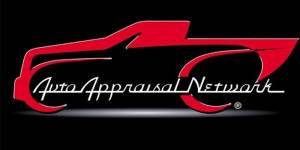 What The Insurance Company Doesn’t Tell You After You’ve Been In A Car Wreck
What The Insurance Company Doesn’t Tell You After You’ve Been In A Car Wreck
What the insurance company won't tell you after a car wreck could mean getting paid thousands less than what your vehicle is actually worth. Find out how to get paid for what your car is worth!
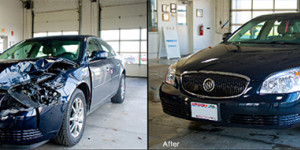 Diminished Value. What you need to know.
Diminished Value. What you need to know.
If you've recently been in a car accident, read this before you take one more step!


